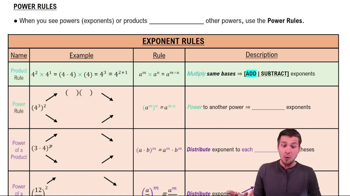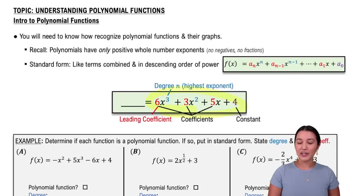Growth rate of bamboo Bamboo belongs to the grass family and is one of the fastest growing plants in the world.
b. Based on the Mean Value Theorem, what can you conclude about the instantaneous growth rate of bamboo measured in millimeters per second between 10:00 A.M. and 3:00 P.M.?






